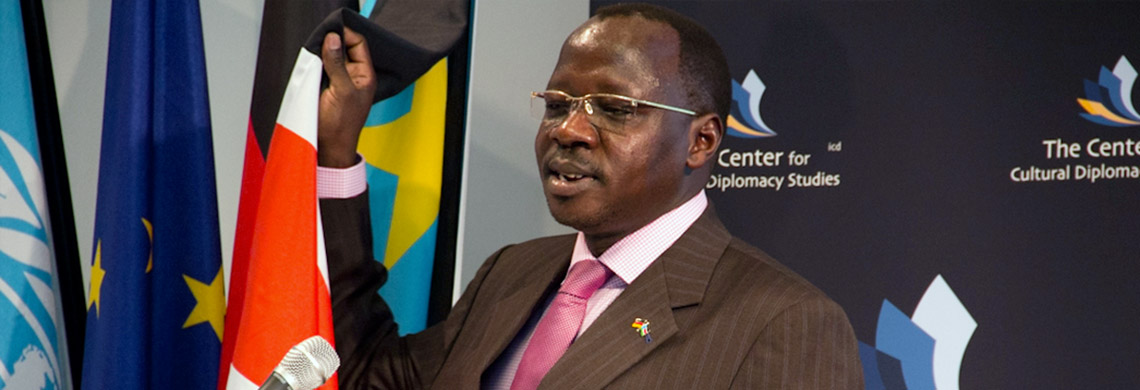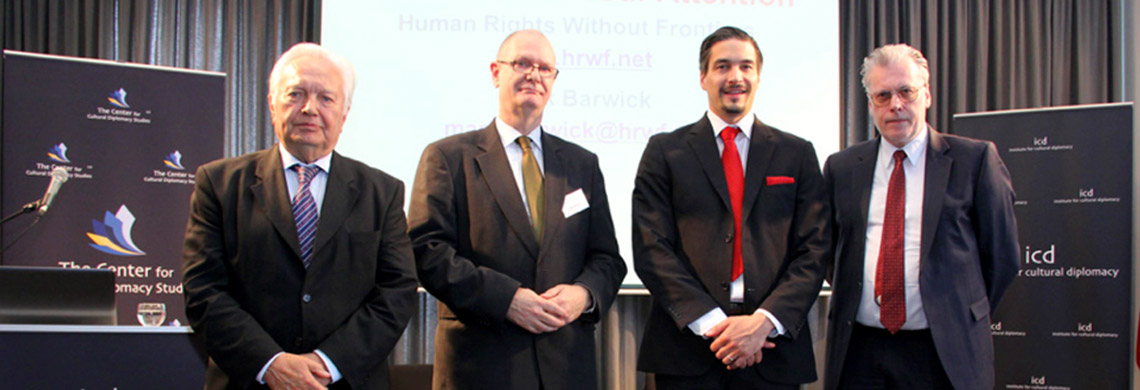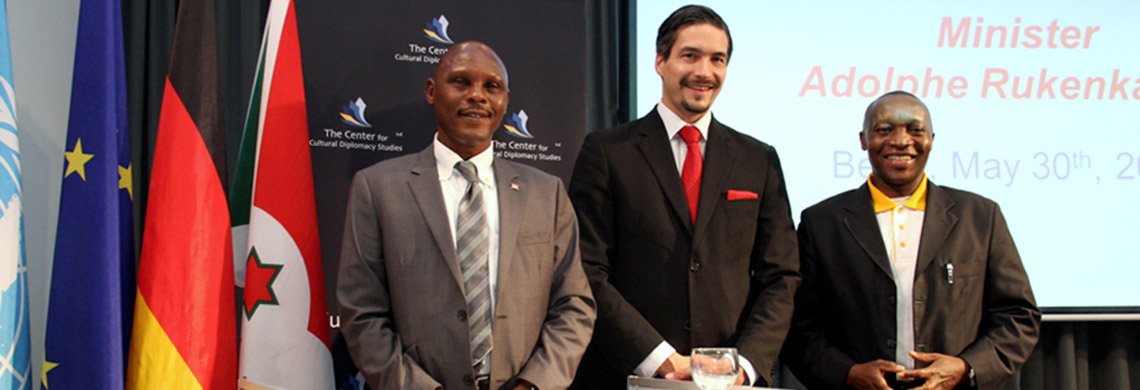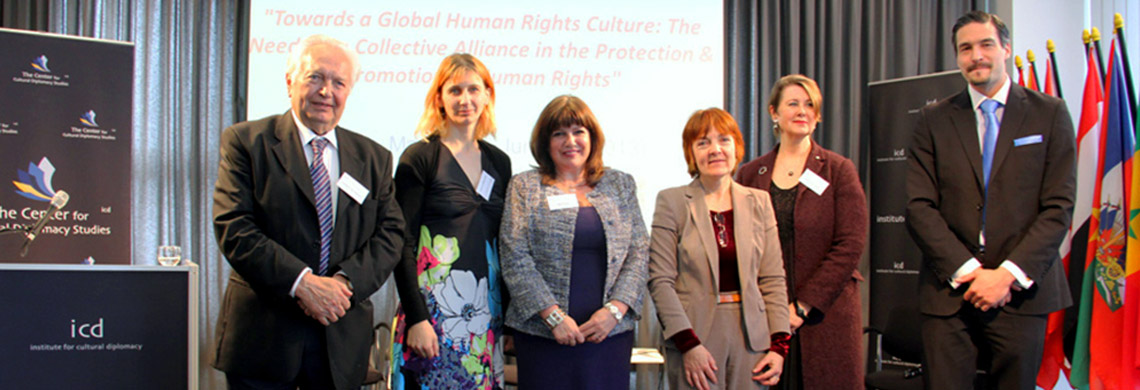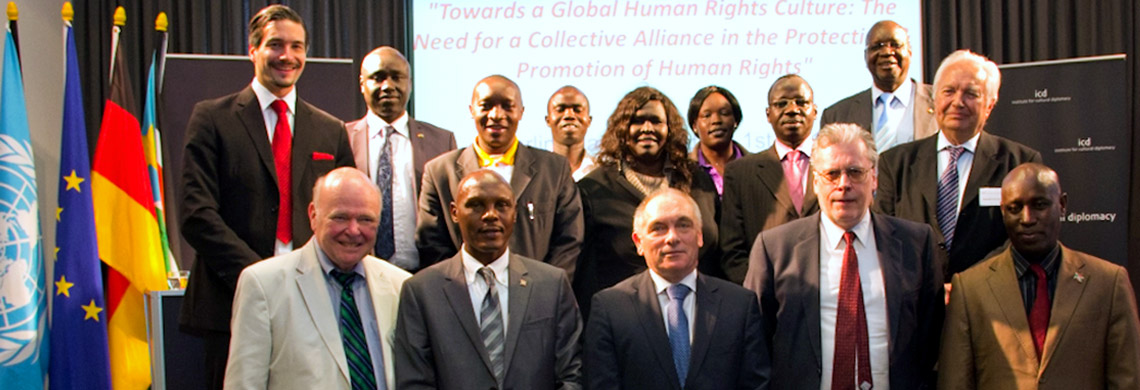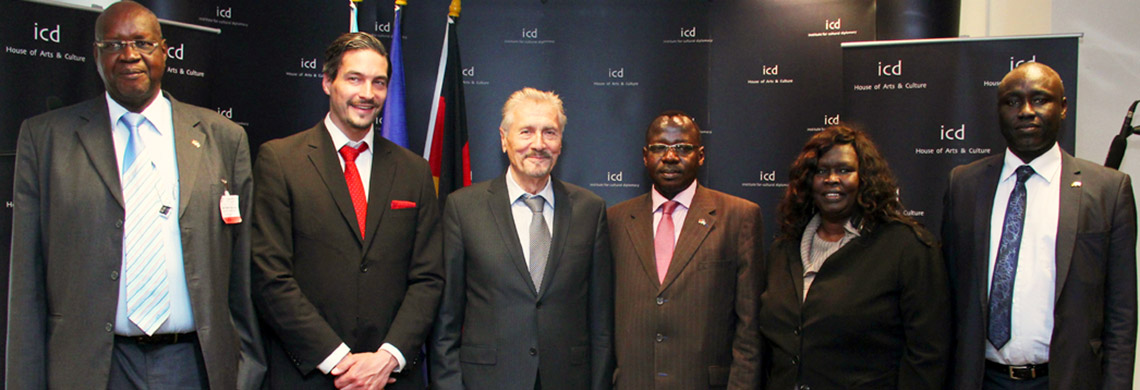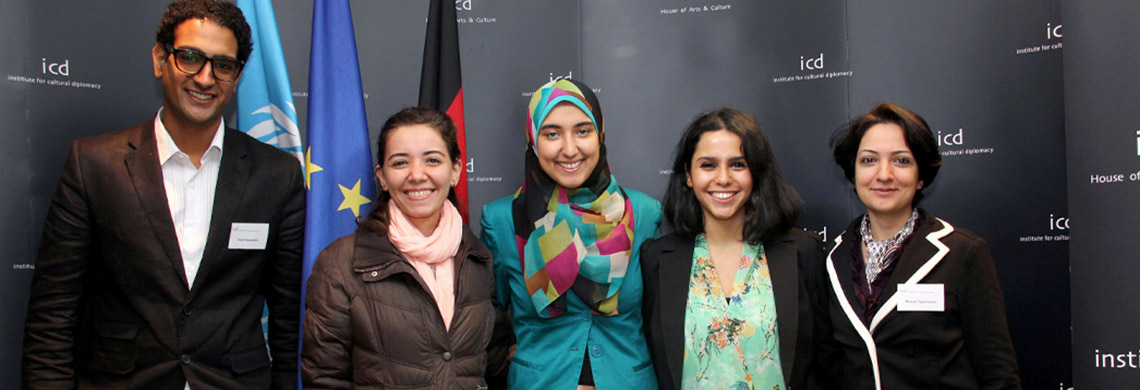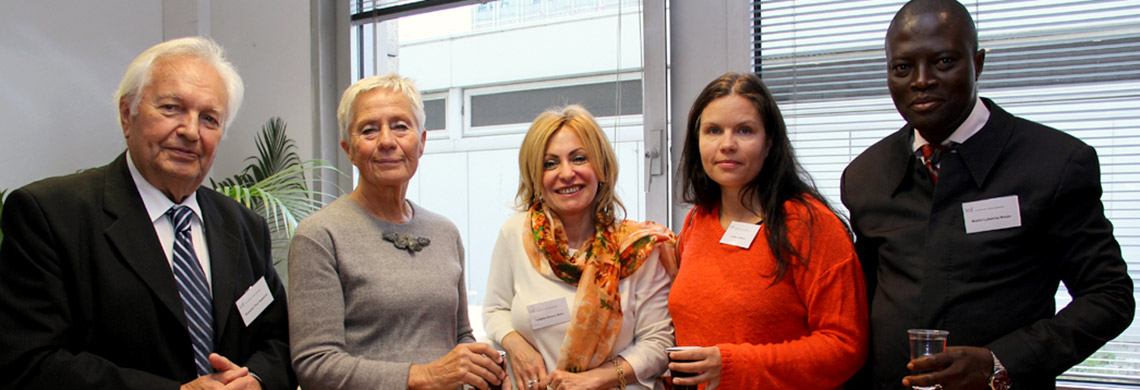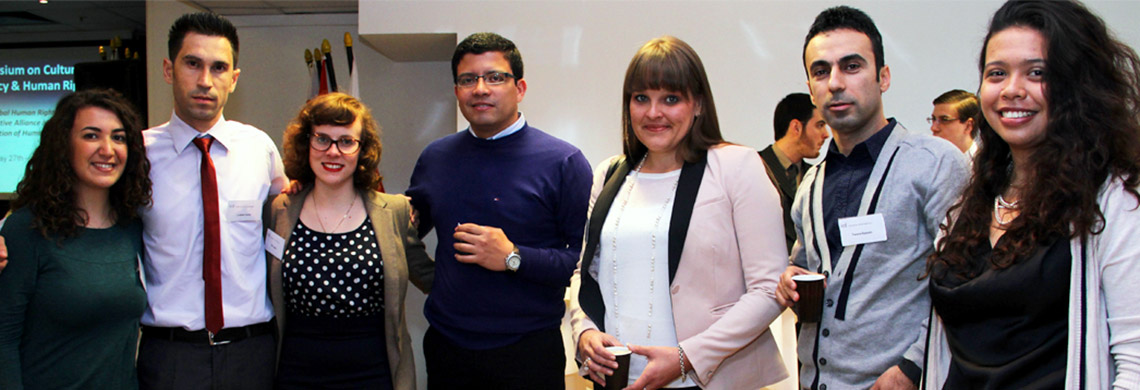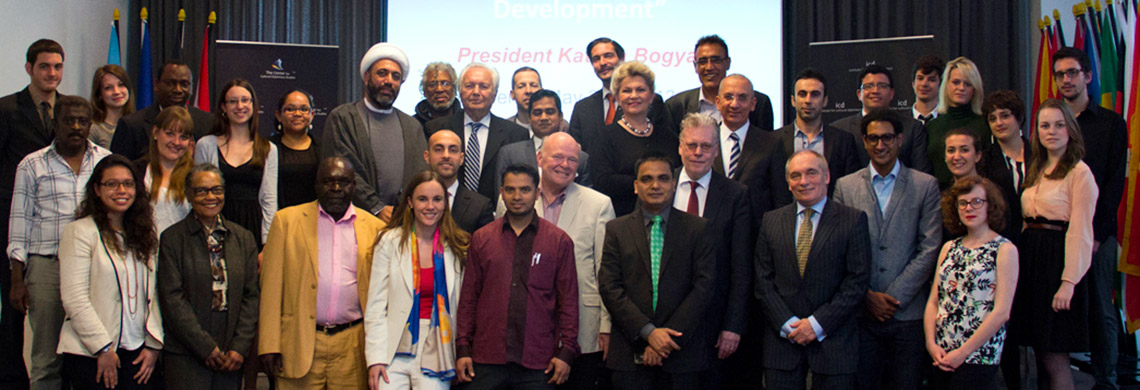Symposium on Cultural Diplomacy & Human Rights
"Towards a Global Human Rights Culture: The Need for a Collective Alliance in the Protection & Promotion of Human Rights"
(Berlin; May 27th - June 1st, 2013)

Congress Overview
 Since its earliest inception, Human Rights have increasingly been considered to form part of what is now seen as universal law. The creation of the United Nations in 1945 subsequently provided an international regulatory framework for dialogue on Human Rights in the global sphere. Despite a global governing set of laws set forth by the formation of the UN, the international community still lacks a cohesive implementation and engagement strategy in the enforcement of Human Rights.
Since its earliest inception, Human Rights have increasingly been considered to form part of what is now seen as universal law. The creation of the United Nations in 1945 subsequently provided an international regulatory framework for dialogue on Human Rights in the global sphere. Despite a global governing set of laws set forth by the formation of the UN, the international community still lacks a cohesive implementation and engagement strategy in the enforcement of Human Rights.The conference will therefore provide the platform for activists, experts, academics and world leaders involved in the field of Human Rights to come together, create alliances, and better coordinate their activities, thus promoting better implementation and enforcement of Human Rights in a more effective nature.
The conference will furthermore engage Cultural Diplomacy as a means of uniting the varying sectors of society in order to create a joint collaboration for the protection and support of Human Rights activities, as well as recognize the capabilities of Cultural Diplomacy in enabling governments to fulfill Human Rights obligations towards their citizens.
Symposium Locations
Based in Berlin, the conference will be hosted at a number of important political, historic, and cultural locations across the city.Symposium Participants »
Participation in the conference is open to governmental & diplomatic officials, academics, artists, journalists, civil society practitioners, private sector representatives, young professionals and students as well as other interested individuals from across the world.If you would like to reserve a position and participate in the symposia, please click on the "Apply Now" link below and fill out the online application form:
Symposium Speakers »
The speakers during the Conference will include human rights activists, dignitaries and heads of state and ministers, as well as leading figures and experts from international politics, the diplomatic community and civil society from across the world. These speakers will include high number of individuals from the ICD Advisory Board; to learn more about the ICD Advisory Board please click hereSpeakers for the Conference include:
 Dr. Emil Costantinescu Dr. Emil Costantinescu Former President of Romania (more) |
 The Hon. Michail Kasyanov The Hon. Michail Kasyanov Former Prime Minister of Russia (more) |
 The Hon. Kristiina Ojuland (MEP) The Hon. Kristiina Ojuland (MEP) Member of the European Parliament; Former Foreign Minister of Estonia (more) |
 Minister Ögmundur Jónasson Minister Ögmundur Jónasson Minister of the Interior of Iceland (more) |

